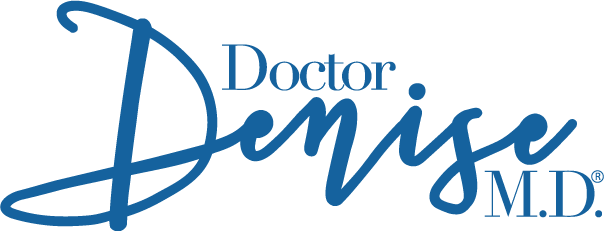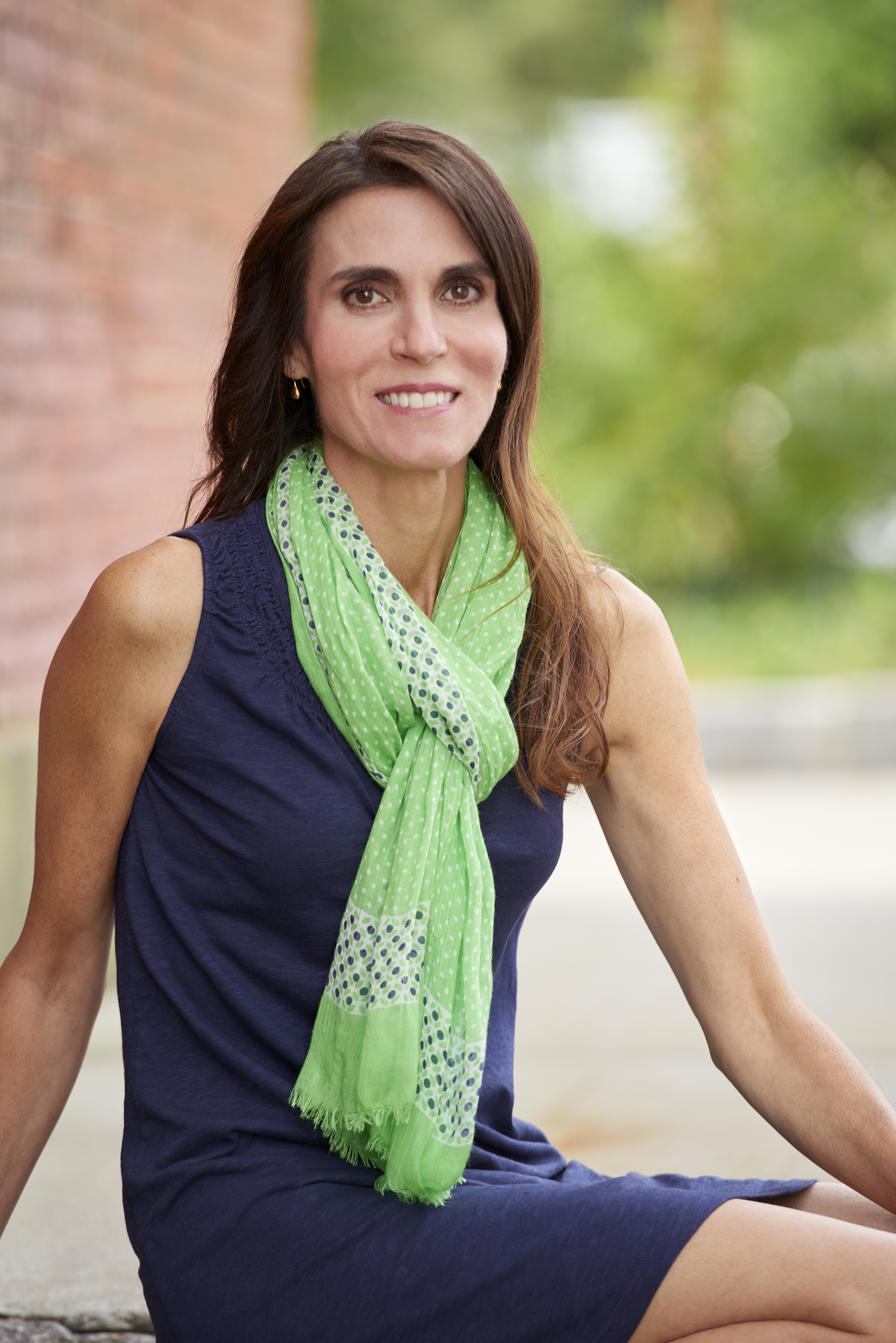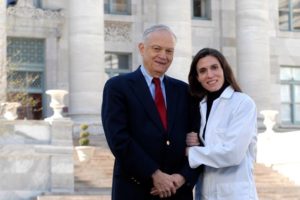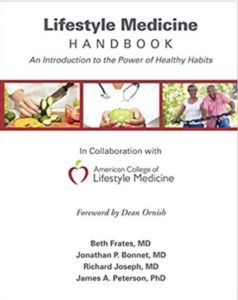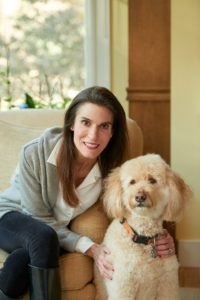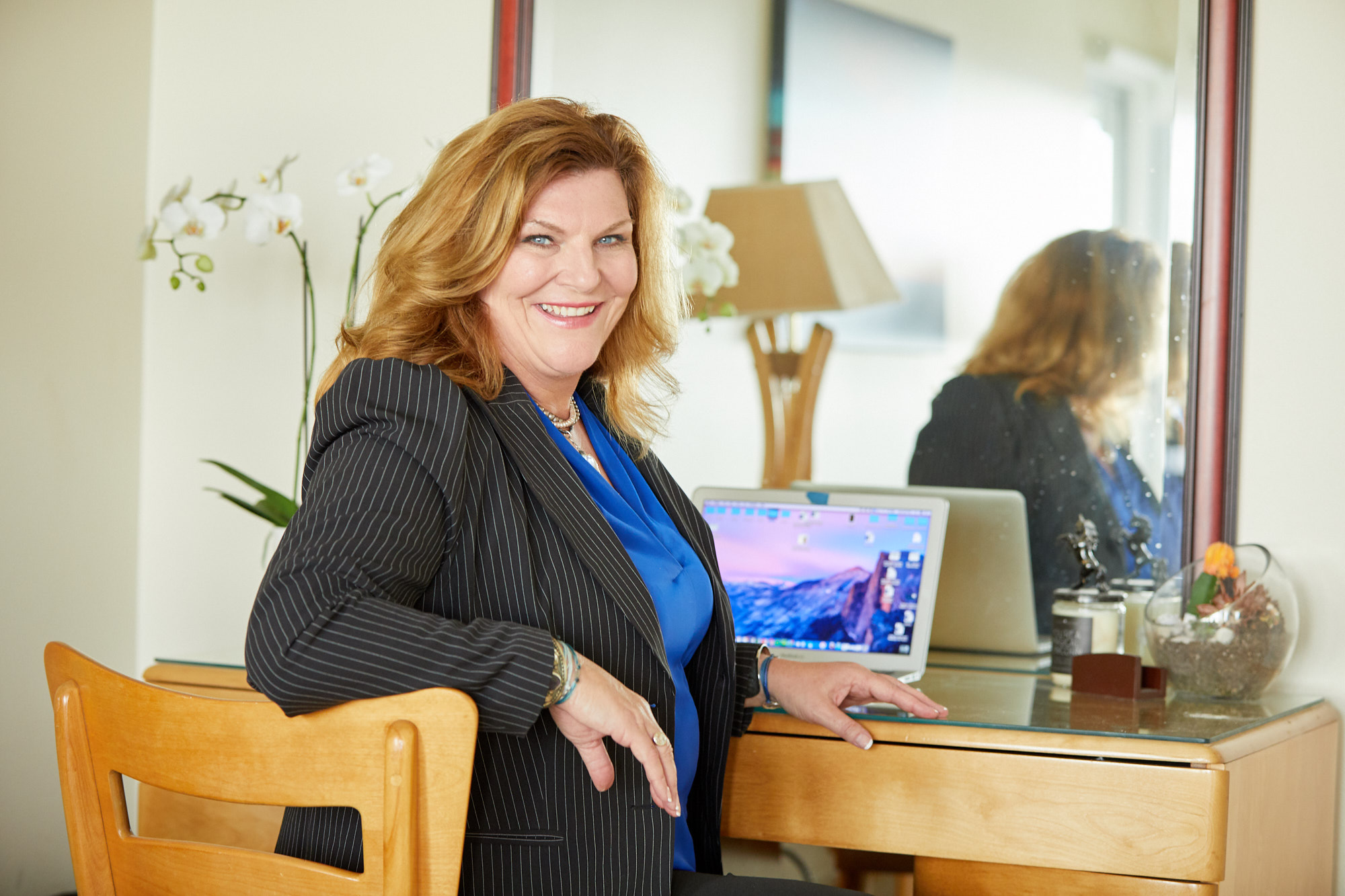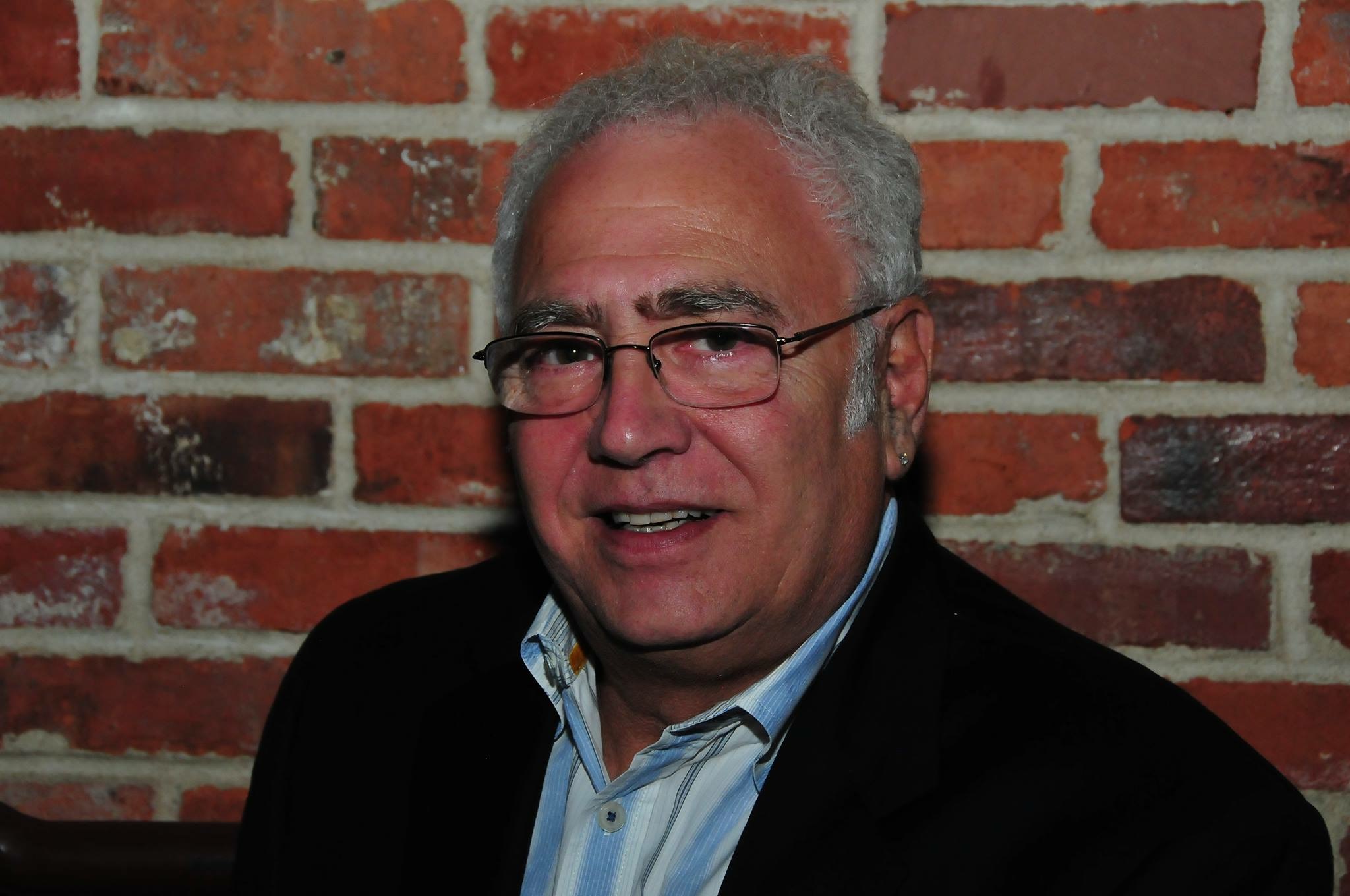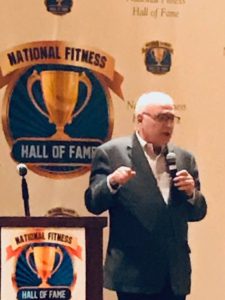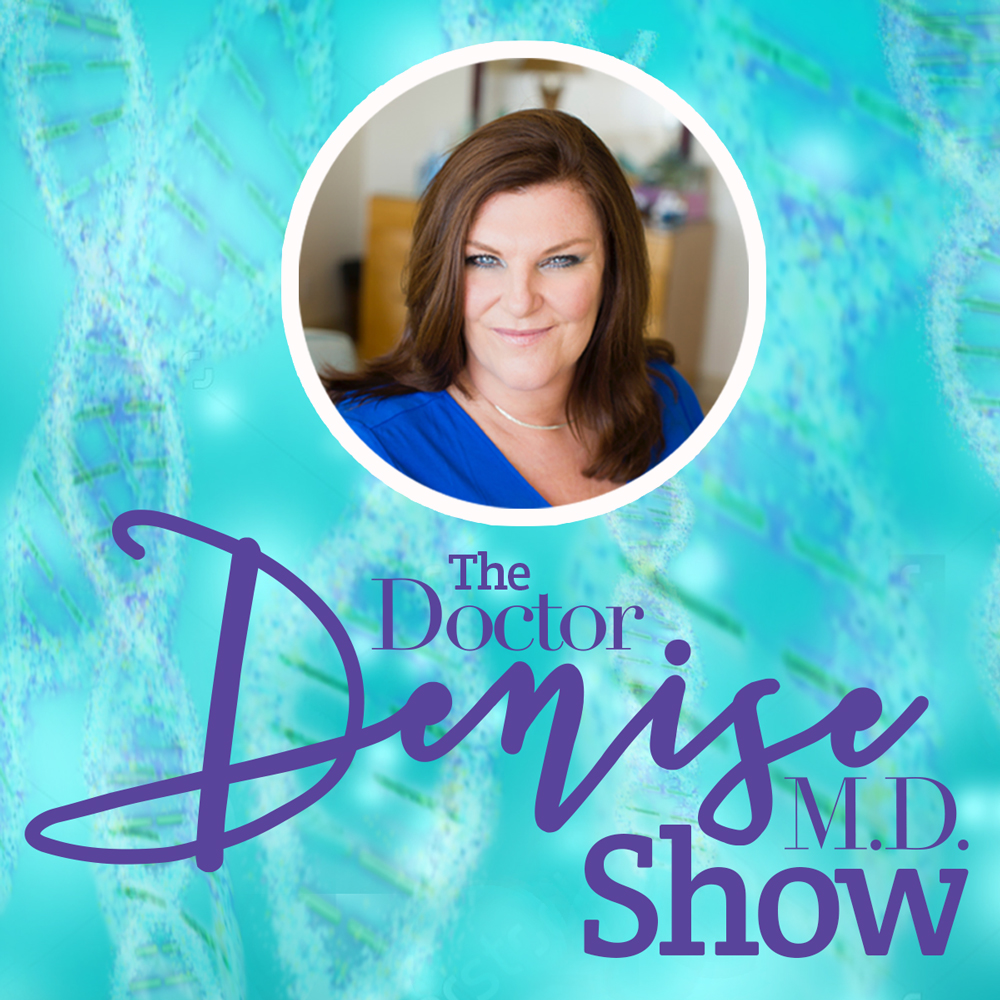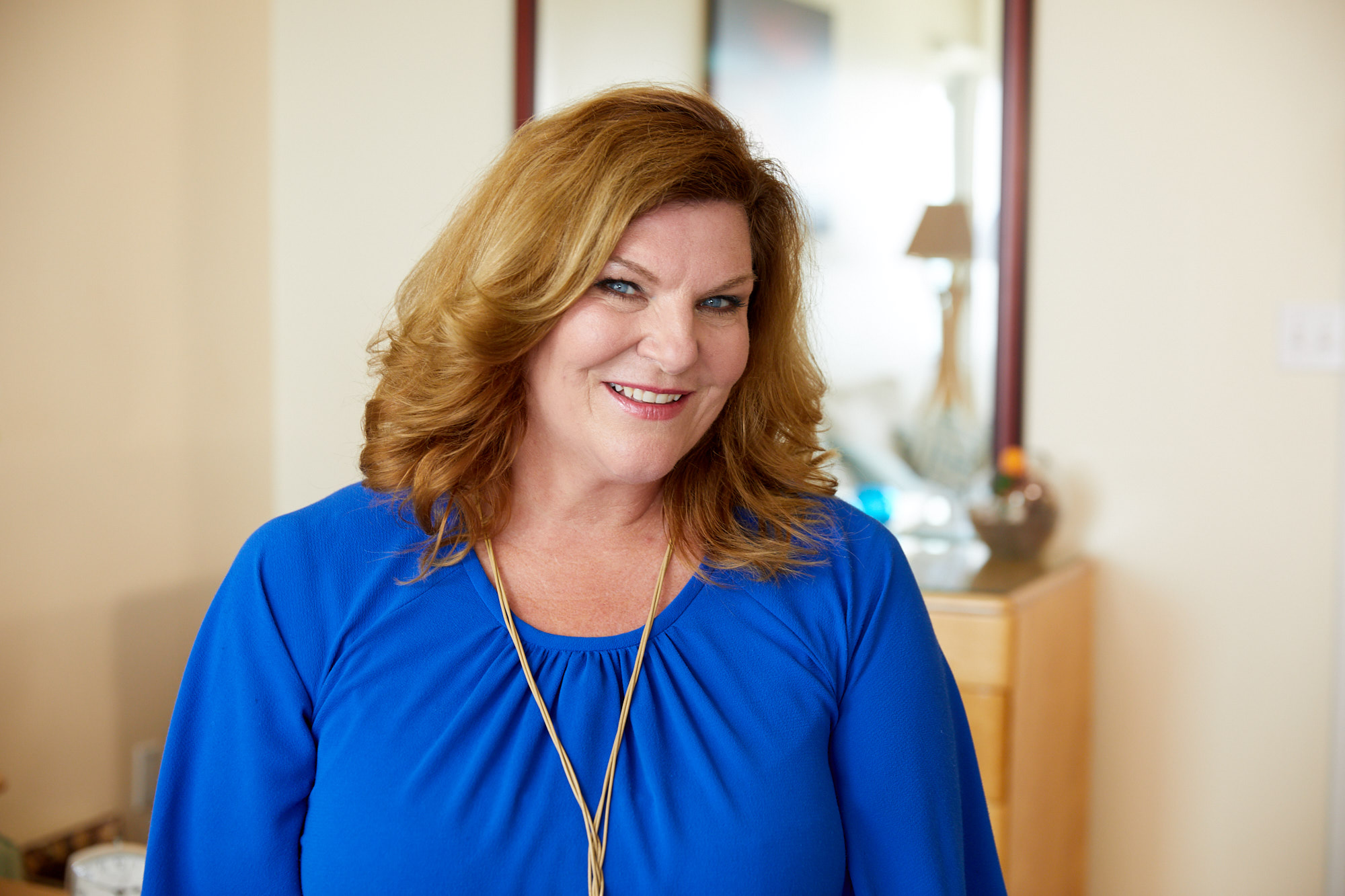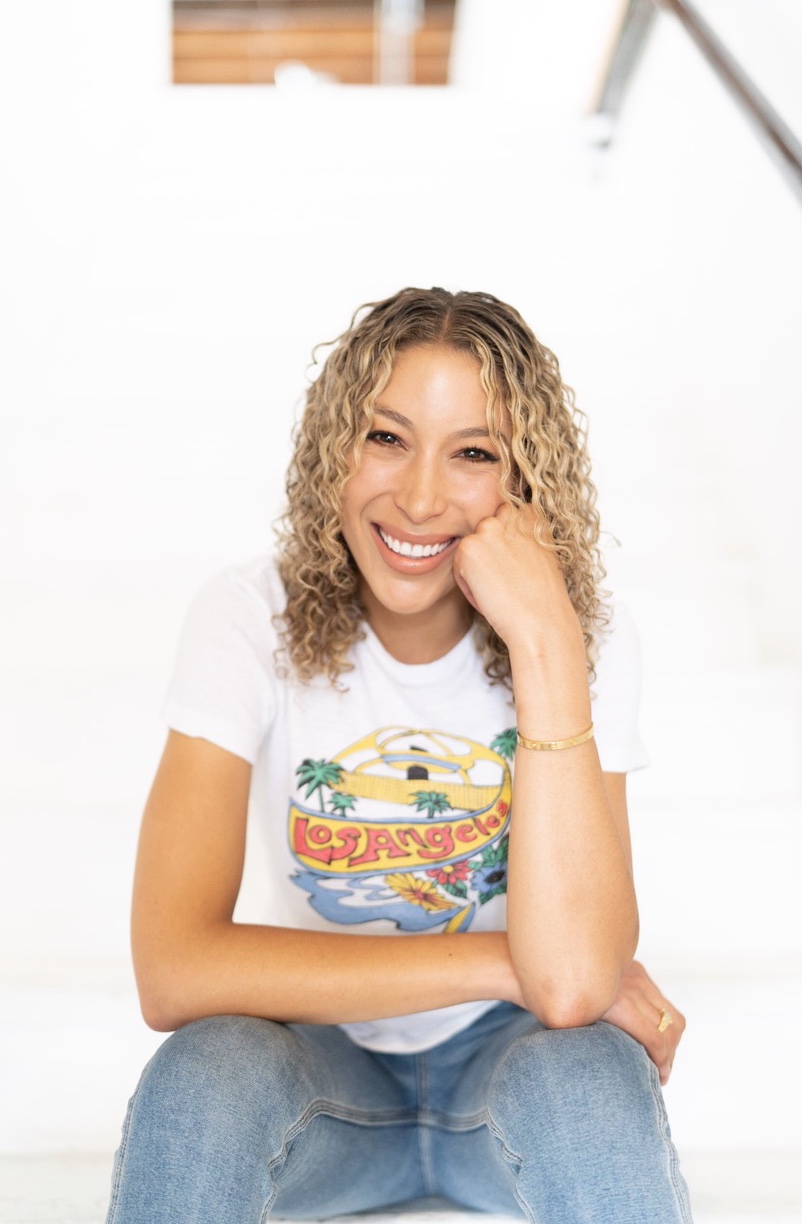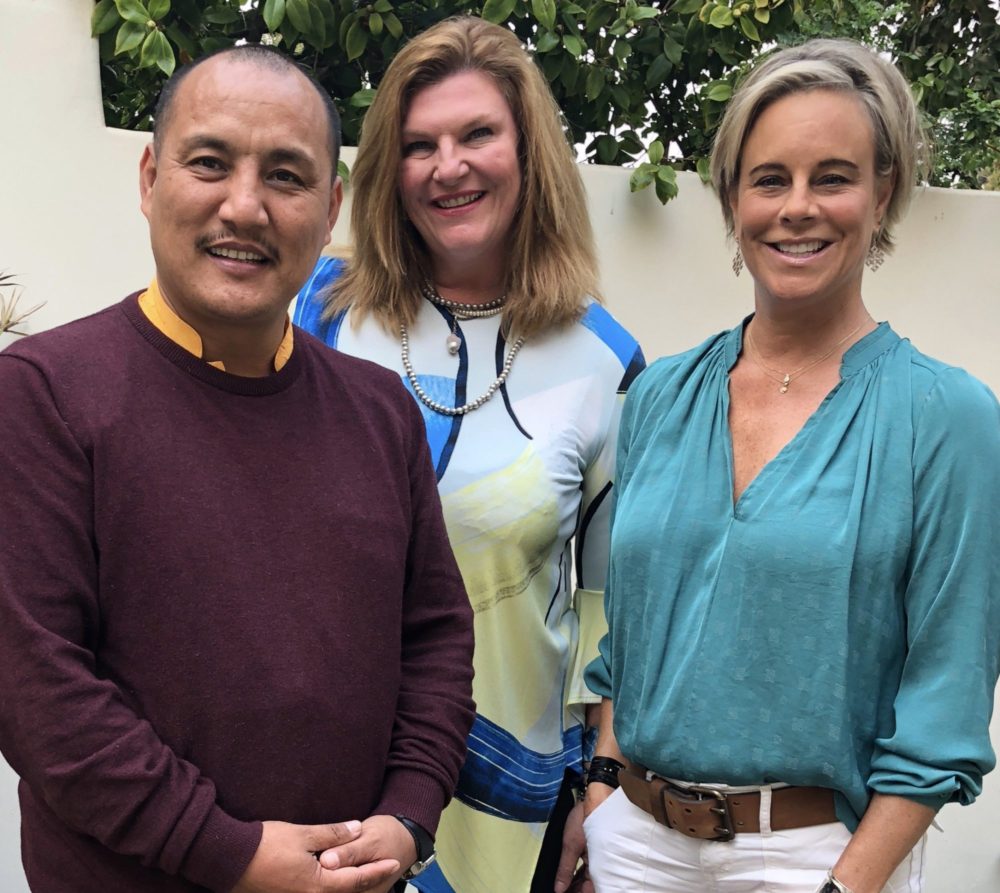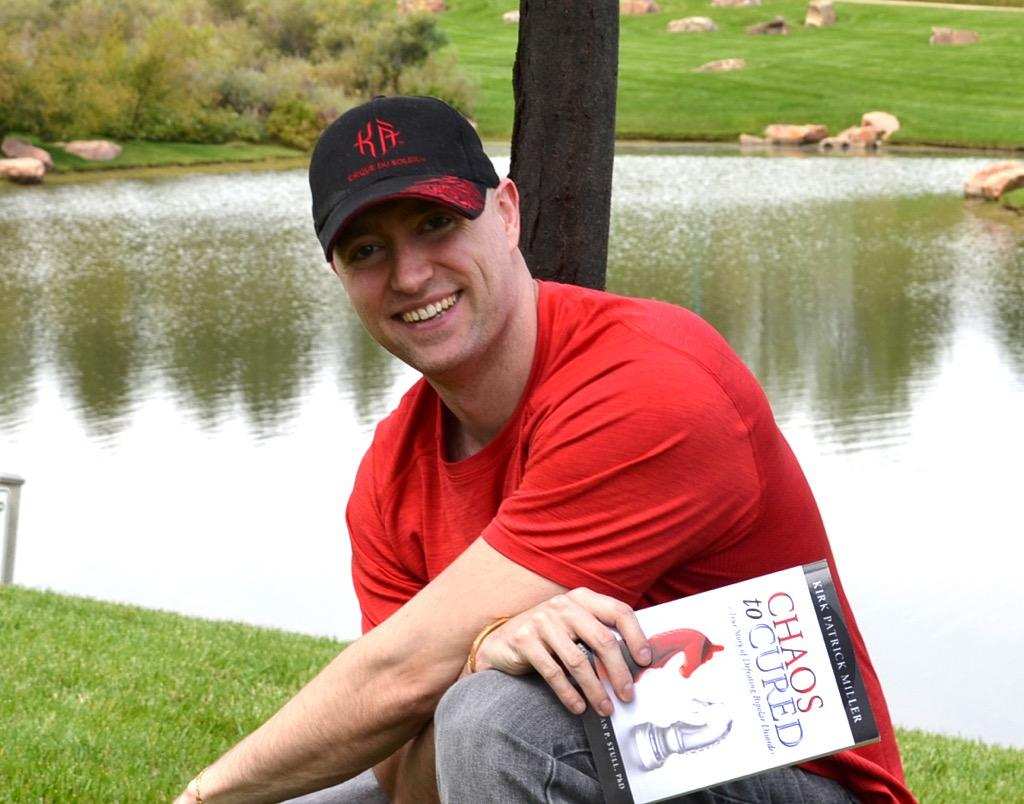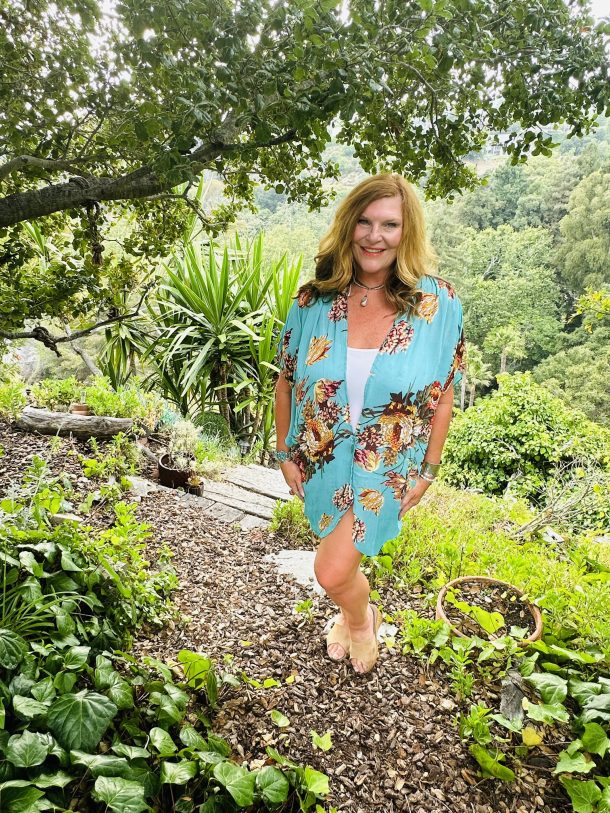***Here is the article I wrote in preparation for the launch of a mental health awareness initiative at NBA Summer League:
As a society we are starting to have discussions that are long over due. Every day the news reports a new spin on what is going on in the world of mental health, addiction and mental wellbeing.
This is a hot topic for all of us and thankfully our Ambassadors of Change (Owners, Commissioners, Coaches and Players, Fans) are rising to the challenge of being role models and strategic thinkers as to how we can think, talk and act about mental health in new ways.
This past March Nation launched an article, “Does the NBA Have a Mental Care Crisis On Its Hand” by sports editor Dave Zirin.
It starts, “Last weekend, NBA Commissioner Adam Silver spoke as a panelist at the MIT Sloan Sports Analytics Conference in Boston. He was asked by Book of Basketball author Bill Simmons why so many NBA players seem, for lack of a more exact phrase, “unhappy.” Silver’s response was quite unexpected. Instead of a canned answer about how players are actually feeling hunky-dory, and accusations that Simmons was just talking “fake news,” Silver said, “We are living in a time of anxiety. I think it’s a direct result of social media. A lot of players are unhappy.”
He then went on to speak about the depth of the sadness, isolation, and even depression many players feel. He also said that players sometimes reach out to him on the road to discuss their feelings. “I’m an anxious person myself,” he said. “That’s why the players like talking to me.””
Not surprising as anxiety disorders are the most common mental health challenge, they affect 40 million adults in the United States every year, ~18% of the population.
According to the April 2016 Center for Disease and Prevention Report, the number of suicides have been on the rise since 1999 in everyone between the ages of 10 and 74. In 2014, 13 people out of every 100,00 took their own lives, compared with 10.5 persons in 1999. The suicide rate increased every year from 1999 to 2014 among both women and men and in every age group except those 75 and older.
I am not sharing these statistics to instill any fear, just the opposite.
Awareness about the importance of OUR mental health is the first step in taking action.
This is why it is paramount to have the discussion about mental health in new ways, with less stigma , and with less shame.
Empowering ways of talking about our feelings and our inner world, “our mindscape”will give people permission to lead their best life not only physically but mentally too.
This is why I introduced the term neurostyle defined as “The unique way in which we each process and perceive the world.”I wrote an article in this magazine,“Embrace Your NeuroStyle”to further give examples as to how to use this neutral and nonjudgmental term.
WE can all come together with new ways of thinking, talking and acting about mental health that allows education, prevention and early intervention.
Since anxiety is such a hot topic Susan asked me to dive deeper on this discussion.
Here we go:
What Are Anxiety Disorders?
Anxiety is a normal reaction to stress and can be beneficial in some situations. It can alert us to dangers and help us prepare and pay attention.
Anxiety disorders differ from normal feelings of nervousness or anxiousness, and involve excessive fear or anxiety. Anxiety disorders are the most common of mental disorders and affect nearly 30% of adults at some point in their lives. –American Psychiatric Association
There are different types of anxiety and usually when someone comes to see me they have a combination of symptoms and more than one type.
Here are the types: Social Anxiety Disorder , Generalized Anxiety Disorder, Obsessive Compulsive Disorder, Panic Disorder, Specific Phobia, Separation Anxiety Disorder
Here are the most common ways anxiety can present:
~ you care too much about what other people think
~ you have a specific fear (public speaking)
~you have generalized worry about the future that is so excessive that you are often missing out on the now moment
~you experience physiologic symptoms of panic, elevate heart rate, sweaty palms, stomach upset
~you obsess over thoughts in a way that is distressing and distracting
~you are distressed from separating from a loved one
When do I seek help if I am anxious?
There are different ways to view stress and the energy can be used to motivate us to meet a deadline, shoot the three pointer, or to have other “healthy adrenaline rushes”to reach optimal performance.
You can seek a performance coach for all different athletic, personal and professional goals to reach your thrive potential to deal with routinechallenges and stress.
An anxiety disorder goes beyond normal stress as it can be so debilitating that the symptoms get in the way of day to day life over a period of time.
Do not self diagnose as you can go down the wrong path for years and miss out on a greater quality of life.
For moderate to severe anxiety working with a cognitive behavioral therapist or a psychologist can be the first step to take.
What happens if I have done therapy for six months and I am not making progress?
If you have been in cognitive behavioral therapy, engaged in a type of performance coaching or other therapy and you are still suffering with distressing anxiety a medical assessment by a psychiatrist needed.
The evaluation includes a biological, psychological and social perspective to see why you are not improving. Routine lab work is done to make sure your thyroid is ok and to rule out any other cause for anxiety. A thorough family history and genetic factors are addressed.
What role does social media have on anxiety and our mental health?
This could be an entire article itself.
I can tell you from my clinical practice that a lot of social exclusion and cyber~bullying are trigger factors for unhappiness, depression, anxiety and suicide attempts that lead people to seek my help.
So social media use is definitely an influencer on our anxiety and depression levels yet it is difficult to make a precise correlation as our mental health is influenced by biological, psychologic, social, and cultural influences.
I will say it is interesting that increased suicide rates across all ages from 1999 to 2014 happen to coincide with the time of greater internet and social media use.
Social exclusion and peer pressure was discussed by NYU psychiatrist Dr. Jess Shatkin in his book Born To Be Wild , “To the brain and therefore to us, emotional pain due to social exclusion feels just like physical pain.”
He summarized Dr. Naomi Eisenberg’s study that involved putting college students in an fMRI scanner and had them play a computer game called Cyberball in which they thought they were having peer to peer play and it started out friendly and then quickly someone was left out.
The MRI results were intriguing, “The regions of the brain that process physical pain are the same ones that get activated when we experience social exclusion.”
Can you imagine if we were to do an fMRI study that revealed the physical and emotional pain of social exclusion with excessive social media use? We would then have a more precise answer on the direct influence of social media.
My social media advice is “less is more.”Social media is here to stay. So we need to be more mindful as to how we interact with one another and learn to self regulate with “digital detoxes”and screen free time.
Log off and spend time outside, go to the gym. When you do engage in social media be precise and kind with your words as often as possible. This will reduce stress and anxiety.
We also need to remember we still have a long way to go on destigmatizing the talks about mental health as Dave Zirin’s article further points out , “Yet not everyone was feeling Silver’s support for players and their mental-health travails. NBA Hall of Famer and media maven Charles Barkley on ESPN’s morning show Get Up!
“That’s the stupidest thing I ever heard any commissioner say. Listen…these guys are making $20, $30, $40 million a year. They work 6, 7 months a year. We stay at the best hotels in the world. They ain’t got no problems. That’s total bogus.”
Charles Barkley you have got this wrong.
I have multimillionaires, athletes and entrepreneurs that have sought my consultation that definitely do not escape mental health challenges and have fatal suicide attempts.
I can tell you that when someone seeks professional help there is no amount of money that can “wish away” their symptoms.
If you or a loved one has never suffered with a mental health challenge you might not be able to wrap your head around the topic of anxiety or mental health.
It is important to keep an open dialogue about these life saving discussions at the right moment…. NOW!
Dr. Denise
